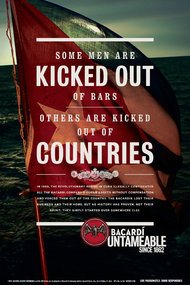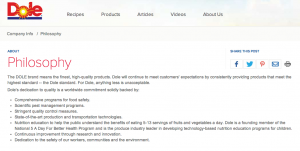What Portugal needs at the moment, according Alvaro Santos Pereira (Portugal’s economy minister);
is a boost to the growth of their economy. How he plans to do so is through lowering the corporation tax they currently have, to a predicted 17% by the year 2016. This, together with the economy minister’s recent tour through Europe and North America, where he promised friendly taxes to investors and multi-national companies.

The reduction of tax is expected to increase the flow of money going into their economy and to create more jobs. However, reducing corporate taxation would not only mean good things for Portugal, with it would come bad things for other countries. The lower the taxes are in other countries, (in most cases) the more the chances of investment in in other countries decreases. Germany is a country that is very sensitive to this type of economy-boosting move. If the portuguese are not careful, they might end up harming their relationship with the country that ‘bailed them out’.
Sources:
-http://www.portugaldailyview.com/whats-new/stimulus-package-portugal-announced-company-tax-cuts-to-boost-growth
-http://www.theguardian.com/business/economics-blog/2013/oct/22/portugal-tax-rate-business







